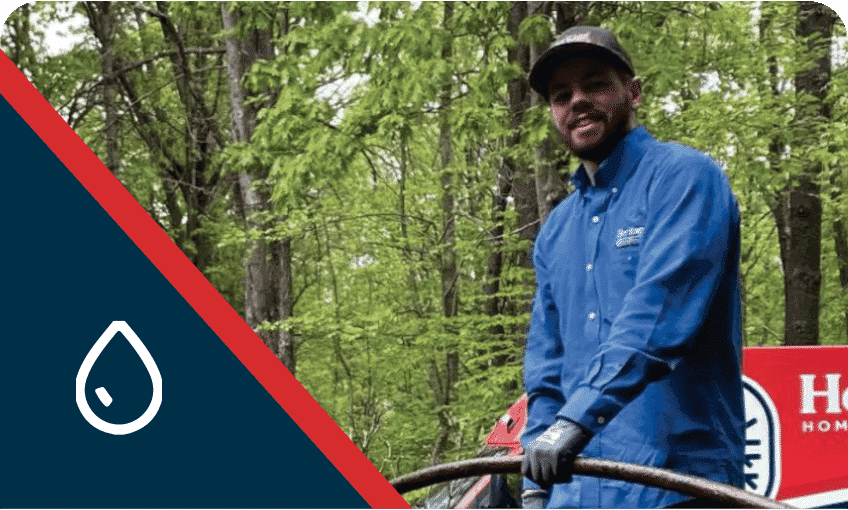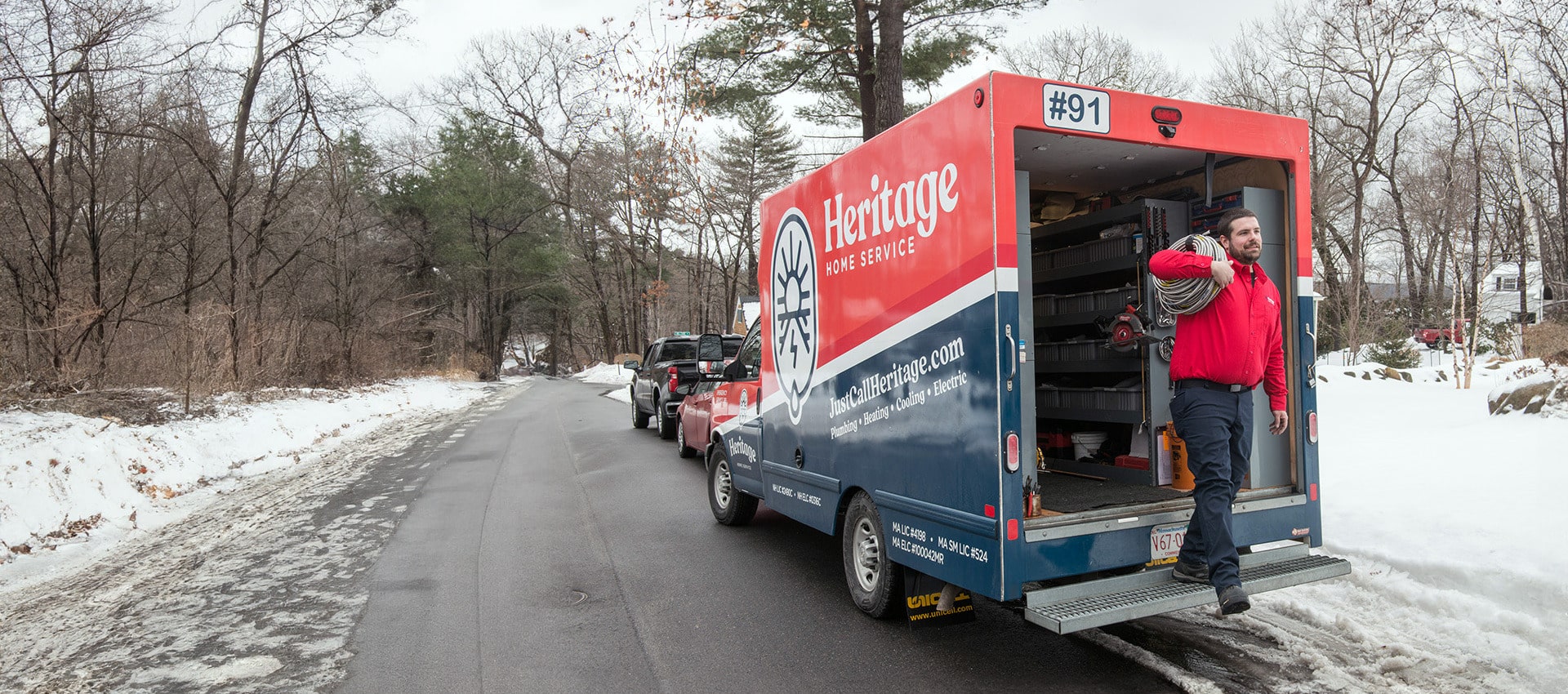If you are seeking a career with a clear future and path to advancing in the trades? Plumbing may be a great option for you! Residential Plumbers are exceptionally good with hands-on work and have strong hand-to-eye coordination with the ability to clearly solve complex issues with drain, vent, and water distribution systems. You must be someone with strong critical-thinking skills so that you can perform tests and use the results to diagnose problems. If you are interested in becoming a Plumber, you will start with an Apprenticeship growing your expertise and gaining valuable experience. These programs are approved by the state to ensure a standard in the trade. From there you will become a Journeyman, and then finally earn the title of Master Plumber. Here is a brief overview of the three levels.
Apply Now

Apprentice
As an Apprentice, a high school diploma or GED equivalent is the entry-level education required to be a Plumber. As a Plumbing Apprentice, you will be performing plumbing jobs under the supervision and guidance of a Journeyman or Master Plumber. What better way to learn, than by “on-the-job training?” You will also be responsible for completing coursework during your apprenticeship. These programs typically take three to five years to complete. This will include a certain amount of both classroom time, and supervised on-the-job training. Registered apprenticeships are crucial to keeping the trades alive. This is what allows the industry to maintain a high level of professionalism and skills and is a form of mentorship that will allow our company to continue to grow. We view our apprentices as the future of Heritage!
Journeyman
After you have completed the requirements for your apprenticeship and complete the licensure exam in your state, you will then become a Journeyman Plumber. This is the point where you will be tending to service calls without any supervision. Your responsibilities will include installing new and existing plumbing, drainage systems, and gas lines. You will become an expert in fittings, pipes and fixtures. You will also be able to train and mentor current apprentices and keep the cycle going!
Master
After working as a Journeyman Plumber and adhering to local waiting periods, you will then be eligible to become a Master Plumber. There is additional training and education, as well as another exam that is required to achieve this licensure. When becoming a Master, you are able to serve as more of a leader, and will have the opportunity to supervise Journeyman Plumbers and Apprentices. You will also be responsible for creating plumbing schematics, create plans for water systems, and work with other officials from the permit and code offices.

Financing Made Easy
When you choose Heritage, you can rest easy knowing that we provide straightforward options to help you budget for a complete solution that will last you for decades to come.
VIEW FINANCING OPTIONS
Complete Care Plan
With Complete Care, enjoy peace of mind knowing your home's plumbing, heating, cooling, and electrical needs are handled year after year—hassle-free, with added benefits.
VIEW PLAN







